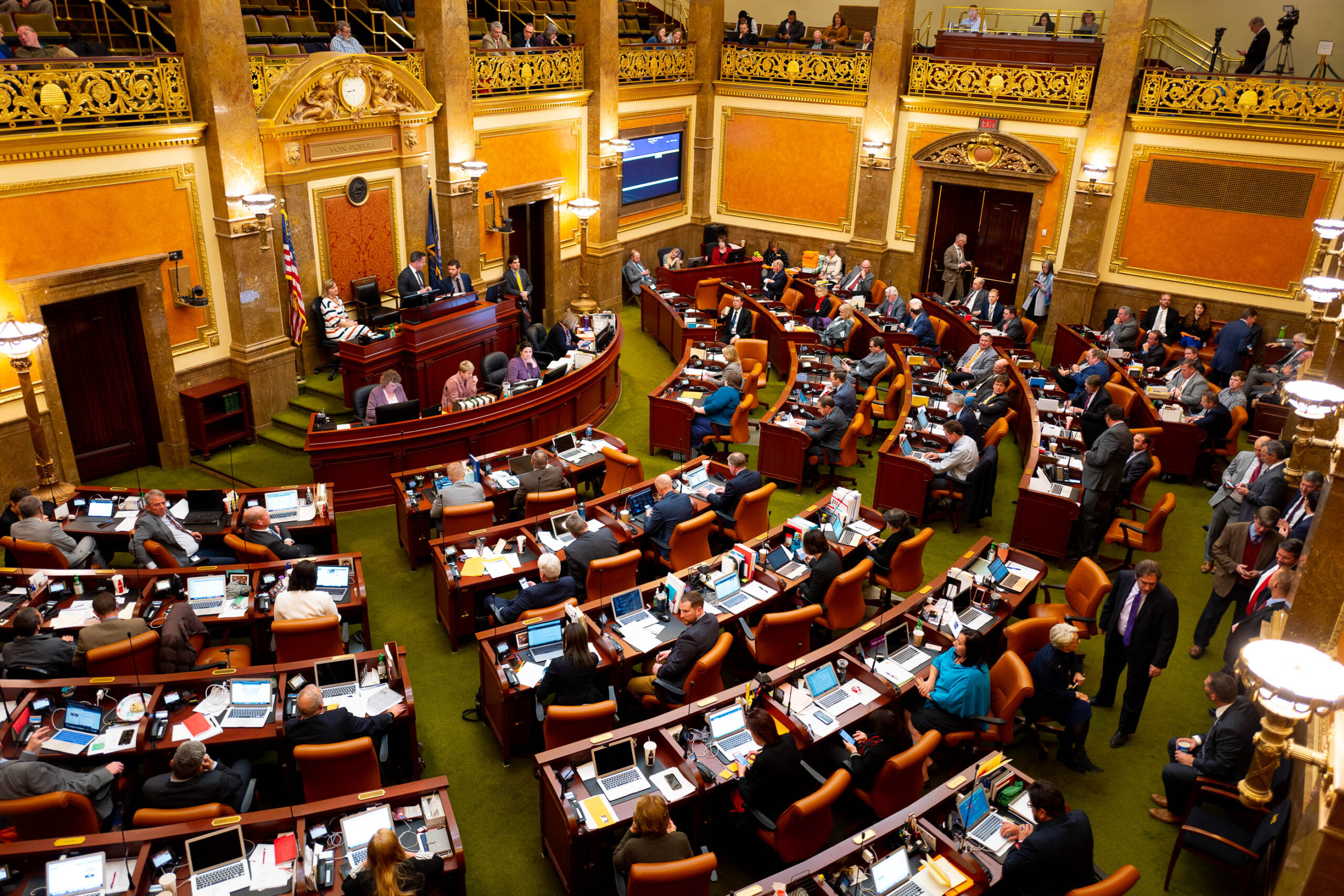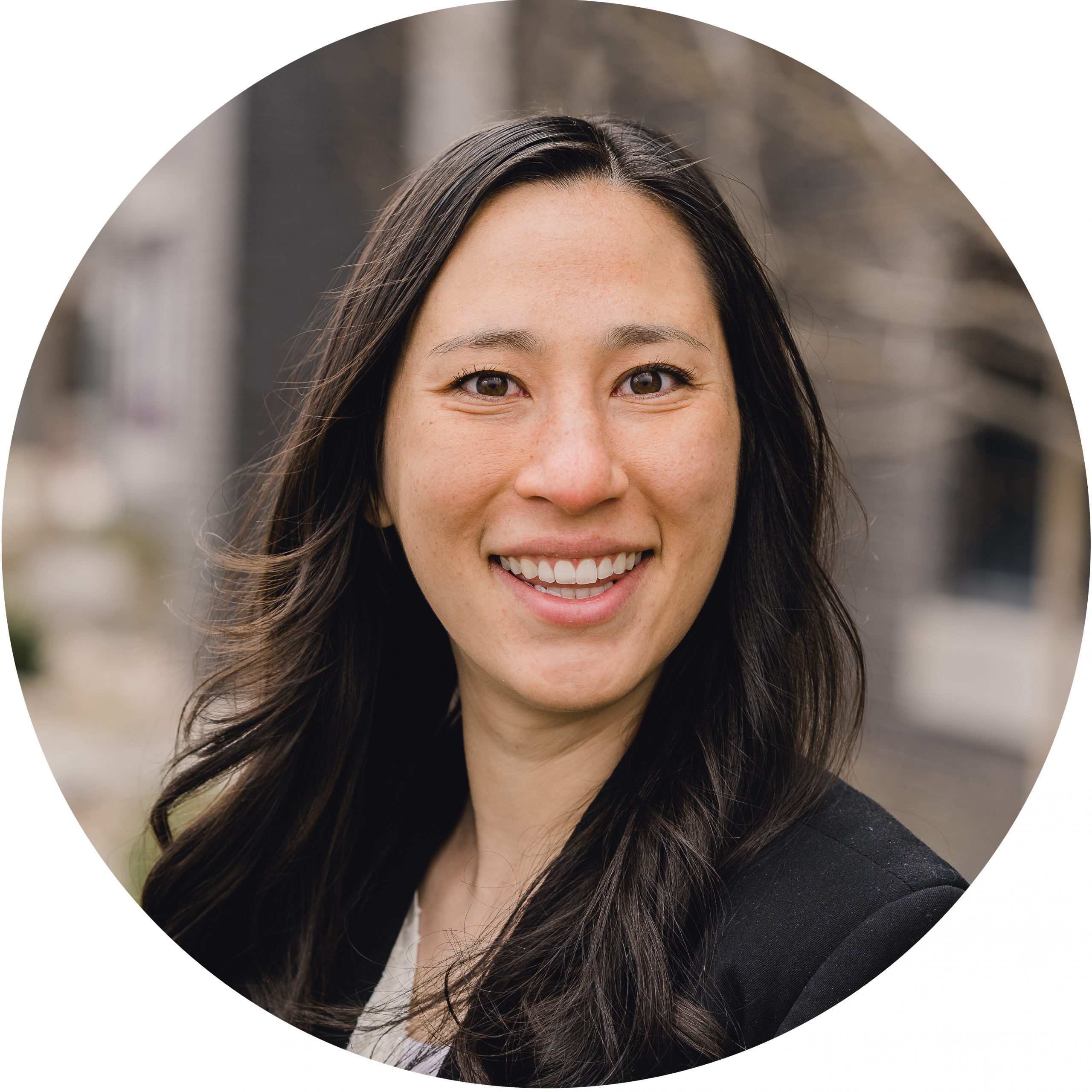Occupational licensure aims to protect consumers from harm that unqualified workers can inflict. But licensing regulations often go too far and restrict qualified persons from becoming licensed practitioners. A lack of practitioners harms the whole economy and raises prices to consumers. An increase in qualified workers brings prices down and growth to the economy.
Consistent review and modification of occupational licensure regulations is required to ensure that consumers are being protected while also not harming the economy.
Utah has already done a lot of work reforming occupational licensure. This progress is important and makes the lives of Utahns better. Read about some of Utah’s impactful reforms below.
Joining Occupational Licensure Compacts
Occupational licensing makes moving and working in other states extremely difficult. Each state has their own license and unique requirements to obtain it. Once a license is obtained, the practitioner is only authorized to work in that state. If they move, or desire to expand their practice to other states, they must go through the requirements in each new state. This puts an additional cost and time burden on the already qualified practitioner.
Occupational licensure compacts aim to alleviate these burdens. A compact is a group of states that allows a practitioner with an active license in one state to work in the other member states. Say, for example, that both Texas and Utah are members of the physical therapy compact. Without the compact, a licensed physical therapist in Utah can only practice in Utah. With the compact, the Utah physical therapist can move or expand to Texas, or any other state that is a member of the compact, and immediately begin working. Compacts exist for many occupational licenses, and states decide individually whether or not to join. Utah has already joined at least nine different licensing compacts, making it easier for people to move to Utah and work in their specialty. Lawmakers and state officials have shown continual interest in keeping the market strong and helping both consumers and practitioners by joining compacts.
Helping Military Families Practice in the State
Military families are a group consistently impacted by over-regulated occupational licenses. Due to the nature of military service, military families often relocate to a different state every few years. This makes a career requiring an occupational license very difficult for spouses to maintain.
In 2018, Utah reformed occupational licensing regulations to make any active occupational license held by a member of the military or military spouse valid for work in Utah. This important change lessens a spouse’s burden by giving them a sure path to continuing work in their specialized area.
Creating the Office of Professional Licensure Review
In 2022, Utah created the Office of Professional Licensure Review (OPLR). As mentioned above, occupational licensure regulations need to be consistently reviewed to ensure they are contributing to and not detracting from their purpose.
One of OPLR’s main purposes is to review all regulated occupations at least once every ten years. These reviews will keep regulations more up-to-date and make a specific stipulation to review all the requirements for each occupation. OPLR will hopefully ensure that any existing regulation exists to keep consumers safe while not harming the economy.
OPLR is also tasked with reviewing any applications to begin regulating a previously unregulated occupation. These reviews, called sunrise reviews, serve as another safeguard against onerous, harmful, and unnecessary regulation. The creation of OPLR will help the state of Utah balance between the desired safety that comes with licensing and the frequent issue of overregulation.
Licensure by Endorsement
As previously stated, occupational licensure regulations often restrict licensed professionals from working when they move to Utah. The state significantly reformed this system in 2022 by allowing licensed professionals in other states to receive a license in Utah by endorsement. Essentially, this ensures that qualified practitioners can seamlessly transition into working in Utah without having to repeat any training or schooling. This change encourages more skilled workers to come to Utah and provide services.
Utah legislators have demonstrated a clear desire to support consumers, practitioners, and the economy through smart regulation reform. There are still many changes that need to be made.
Occupational licensing regulation still stops many people from getting jobs, including veterans and ex-offenders. Utah must now take steps to erase these barriers. Suggested changes include banning all moral character language from licensing, exempting veterans from education requirements if they have complementary military experience, and creating a petition process for candidates to challenge restrictive licensing requirements. By making these changes, Utah can continue to be a leader in regulation reform.






